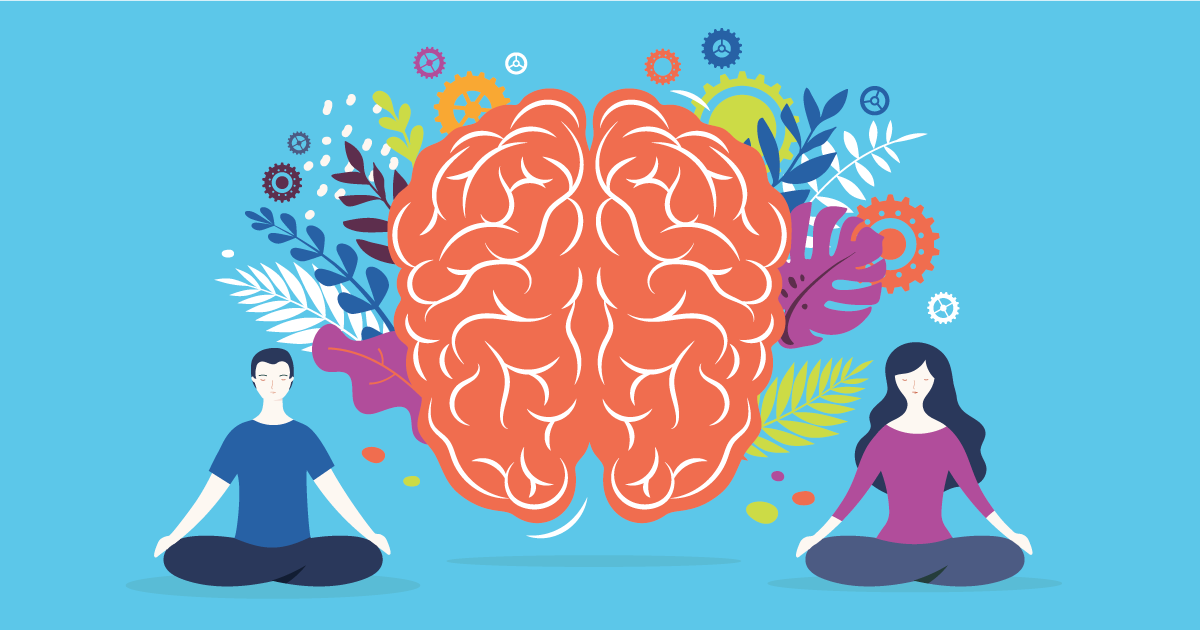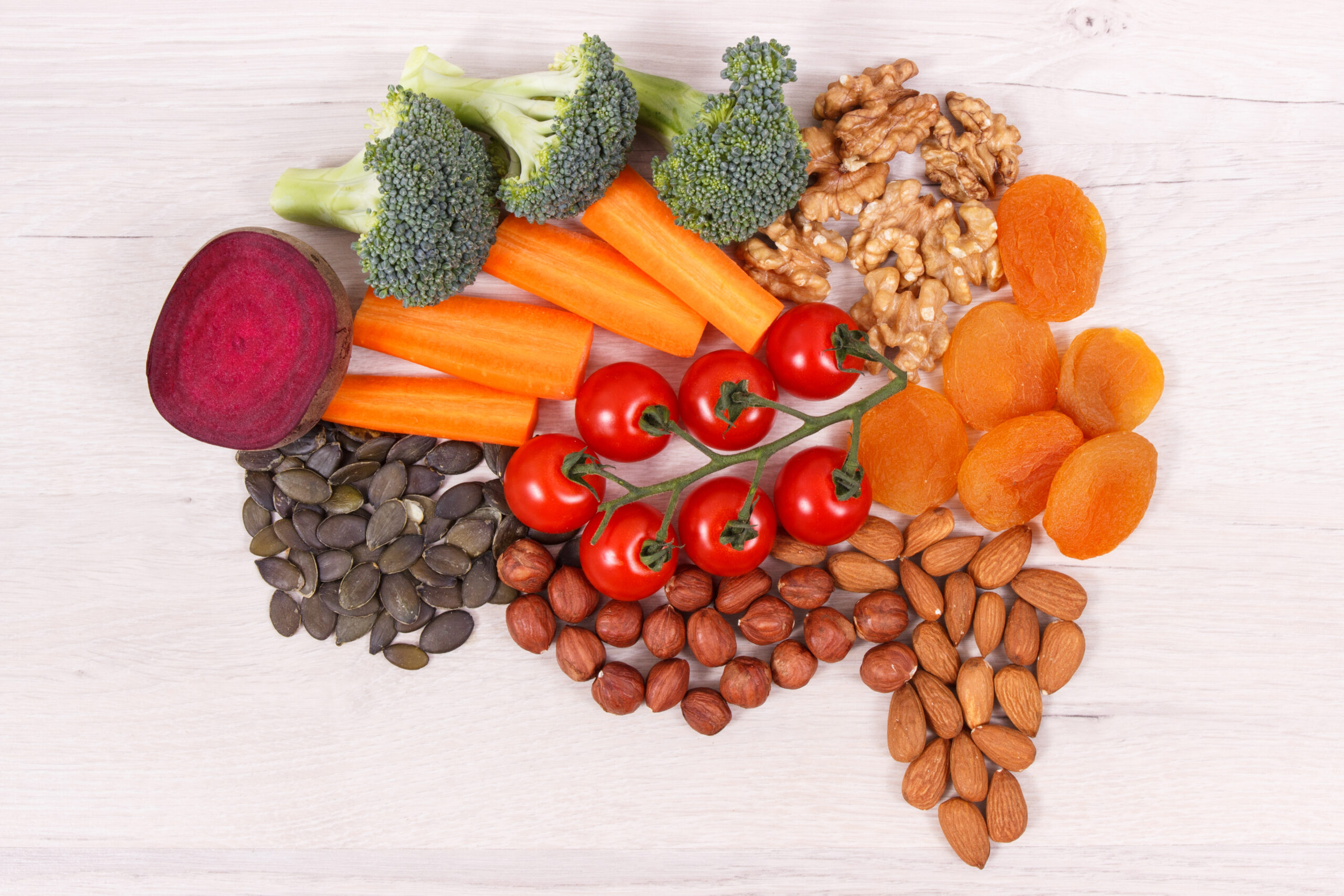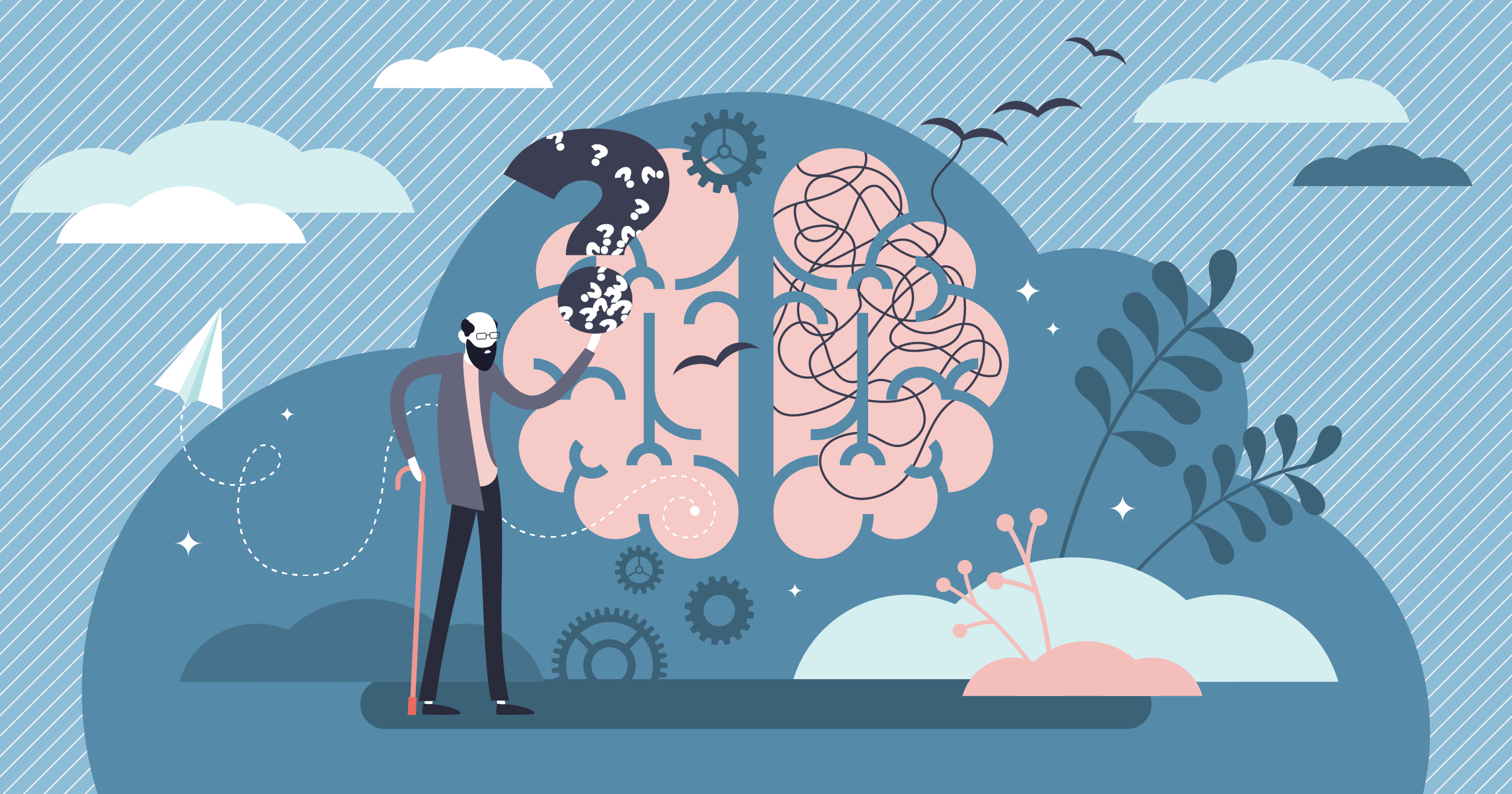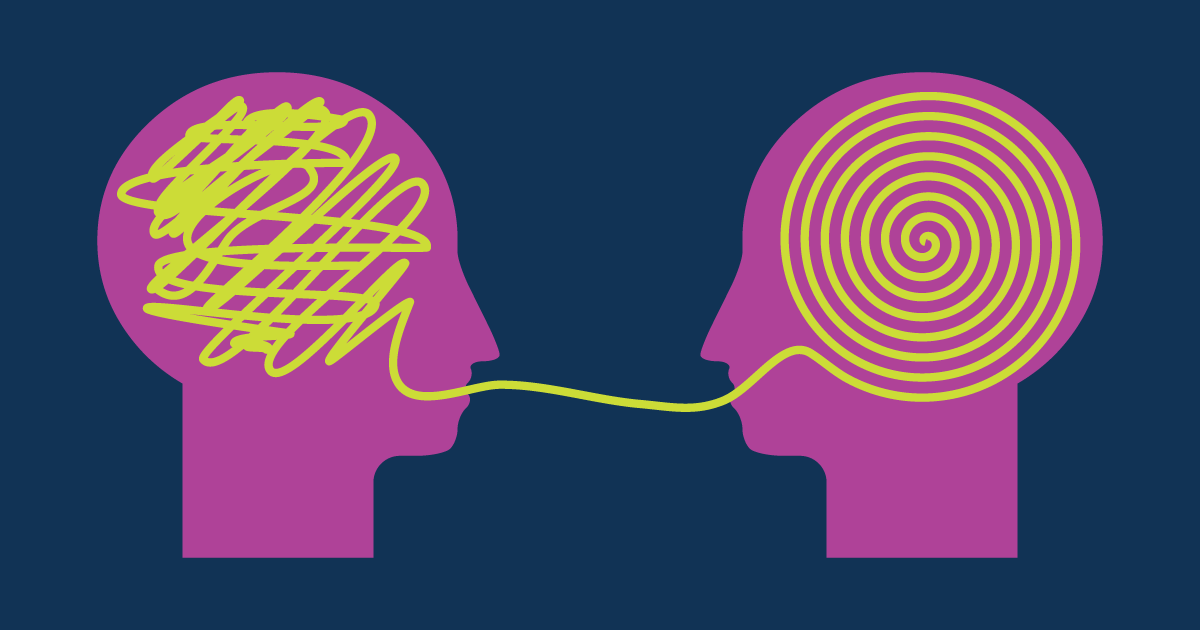For many households, the holidays will look very different this year. As we navigate the holiday season in the midst of a global pandemic, the annual holiday stress and anxiety we’ve all come to know will be especially heightened this year. According to the American Psychological Association, nearly 8 in 10 adults (78%) say the coronavirus pandemic is a significant source of stress in their life. And, 2 in 3 adults (67%) say they have experienced increased stress over the course of the pandemic.
This pandemic fatigue and anxiety, paired with other holiday stressors can leave many feeling overwhelmed and hopeless. A NAMI study showed that 64% of people with mental illness report holidays make their conditions worse. Many already feel stressed about the lack of time and lack of money during the holiday season, and with the populations of unemployed individuals and burnt out essential workers rising, the need for mental health support and resources is especially critical.
Stress manifests itself in headaches, insomnia, exhaustion, digestive issues, and more, and can ultimately lead to cardiovascular disease and heart attacks. Holiday stress occurs for many reasons. For some, it may be a reminder of a loved one lost during the year, for others it’s the stress of affording gifts when they’ve lost their job. For many, it will be coming to terms with the disappointment and frustration brought about by our “new normal”. Fortunately, there are a number of strategies you can employ to get ahead of this frustration to reduce your stress and enjoy your holiday.
Create boundaries to manage expectations.
Discuss with family ahead of time what you can and cannot do with regards to holiday travel, food, and gifts; and stick with your plan to avoid feeling overwhelmed. The more predictability you can create in this uncertain time, the better it will be for you and your loved ones. It is okay to say no when it’s appropriate, especially when it comes to everyone’s health. Many people end up overcommitting and stretching themselves too thin. It’s important to focus on the most safe, plausible activities and to schedule downtime during the holidays, as well to rejuvenate and rest so you don’t get burned out.
Be aware of your emotions.
When you actively identify and observe your thoughts and feelings you can understand where the stress is coming from and manage it more effectively. Make time each day for relaxing activities like yoga or meditation–such as a 20-minute BrainTap break. Even a simple, quiet walk can do wonders to soothe your mind and get your emotional well-being in check.
Practice healthy habits.
During the holidays there are already a lot of temptations placed in our paths. As we seek further comfort due to factors stemming from the pandemic, it’s good to stay mindful of what we put into our bodies and why. It’s okay to indulge as long as you try not to overindulge, which leads to stress and negative emotions. Have a healthy snack before a big meal, try to limit overeating, drink plenty of fresh water to keep hydrated, alternate alcoholic beverages with a non-alcoholic beverage to limit consumption, and exercise every day.
Make sleep a priority.
This can be a challenging one when you’re rushing from activity to activity, cooking, cleaning, surprising the kids, and more. Remember, your brain and body heal during the sleep cycle. If your sleep is limited or poor quality, you miss out on this restorative process and become less focused, less resilient, and less able to manage holiday stress and anxiety.
Let go of that picture of perfection.
People are not perfect. The holidays are not going to be perfect either–no matter what the Hallmark Channel tries to tell us. As families grow and change, traditions and rituals will change and adapt. Accept the people in your life as they are, even if they don’t live up to your expectations. Set aside arguments for more appropriate times and be understanding if things don’t work out the way you pictured them. That will go a long way to reducing the load you carry during the holidays.
Gratitude. Gratitude. Gratitude.
While it may feel harder to find things to appreciate this year, there is still plenty to be thankful for. Whether it’s being grateful for something broad like your health, or specific like the perfect cup of hot chocolate — making a conscious effort to regularly identify things that you’re thankful for can do wonders for your mental health and outlook. Change is hard, but there are still ways to embrace the season with your loved ones, even if it means giving up some of your cherished traditions.
Stress goes hand in hand with the holidays, and is practically synonymous with the pandemic, but it doesn’t have to destroy the magic of the season. With some simple planning and employing the steps above — and a few BrainTap breaks during the holidays — you can minimize stress and anxiety, maintain your relaxation and health, and truly enjoy the holidays this season, even if they look different from years past.
From the Brain Health Sciences family to your family, we wish you the happiest and healthiest holiday season yet!



